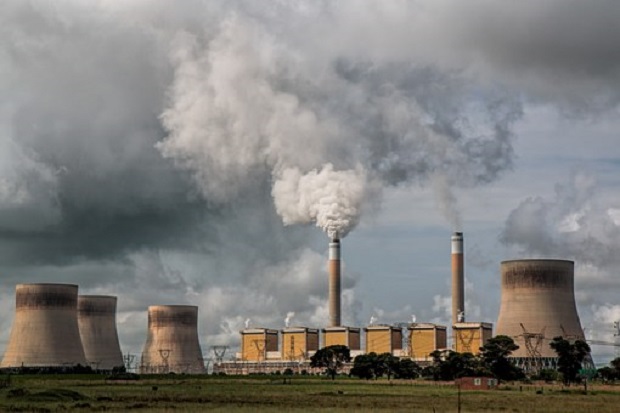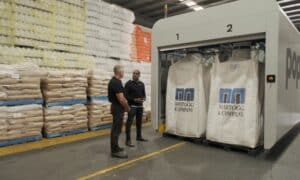Coal power equals poverty, and the Australian government’s aggressive fixation on expanding coal exports to developing nations is putting communities at increasing risk of harm from climate change.
That’s the conclusion of the new More Coal Equals More Poverty report from Oxfam, which says coal-fueled climate change could force more than 120 million people into extreme poverty by 2030.
More coal power does little to improve living standards for those living in regions beyond electricity grids, the report argues, but has enormous climate impacts, including worsening droughts and floods, storm events and pollution.
“Renewable energy offers the key not only to achieving universal energy access, but also to raising incomes and employment, reducing inequality, and powering inclusive social and economic development,” the report says.
“The science is clear – there is no space for new coal.”
Australia should instead join the international shift to zero-emissions technologies, such as wind and solar power – and rule out public funding for new coal infrastructure, including Adani’s Carmichael mega mine in Queensland’s Galilee Basin.

The report also underlines the rapid growth of renewable energy in China and India – much touted as future coal export goldmines by Australian politicians.
Both nations have ambitious clean energy goals: India plans to install over 275 GW of renewable energy in the coming decade and has promised no new coal-fired power plants will be built in the country within the next decade.
China, the world’s largest solar and wind energy manufacturer, has mothballed over 100 new coal plants and is switching to renewables in order to curb rampant air pollution.
Australia lagging behind global renewable revolution
Oxfam Australia Chief Executive Dr Helen Szoke says the report highlights how the government’s stance on coal was fundamentally out of step with its own obligations under the Paris Climate Agreement.
The Agreement commits all signatories to limiting warming to well below 2°C and pursuing efforts to limit to 1.5°C. To even begin achieving this task, over 80 percent of the world’s known coal reserves – and over 90 percent of Australia’s coal – must remain buried and unburned.
Sticking with coal power risks Australia being left behind
Australia risks being left behind the global renewable energy revolution, despite having some of the best solar, wind and hydro resources in the world, the report says.
It urges the government to commit to zero-carbon, 100 percent renewable Australia by 2040.
“A failure to break free from coal will harm our nation — leaving Australians with an expensive and unreliable energy system, stranded high-carbon assets, lost opportunities for new jobs and prosperity,” the report concludes.














































